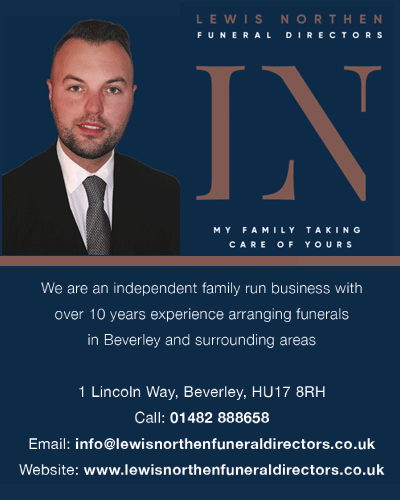
Graham Stuart, MP for Beverley and Holderness, and the founder and driving force behind the CADEY campaign convened a high-level cardiac arrest meeting.
It was for health professionals to consider the patient pathway following an Out of Hospital Cardiac Arrest and highlight any weaknesses in the Chain of Survival.
Graham said: “It was really useful for the CADEY Committee to hear from experts who could explain what happens from the moment of sudden cardiac arrest through to rehabilitation.”
“The main findings from the meeting are that much more needs to be done to train the public, from school children through to the elderly, in how to perform CPR, that the provision of public access defibrillators on every street corner is a vital link in the chain of survival, and that we need more focus on rehabilitation as only about 50% of patients take it up. The good news is that if a patient can be kept alive until the ambulance arrives then the paramedics and hospital doctors can do incredible things.”
Graham added;
“Never do nothing if you witness someone having a Sudden Cardiac Arrest. Shockingly, in only about 30% of cardiac arrests does a bystander or witness commence CPR. If someone collapses and doesn’t appear to be breathing, then their heart has stopped working and they are having a cardiac arrest. Call 999 to get the ambulance on the way and find out where your nearest public access defibrillator is. Then start CPR. Lock your fingers together, knuckles up, then push down about two inches. Push hard and fast about two times a second. Don’t worry about hurting someone – just concentrate on saving a life. And if you have someone with you send them for the defibrillator. Every second counts, which is why it’s so important that CADEY is working towards a defib in every community.
“The CADEY Committee are inspired by what they learned from the health experts at the meeting and are committed to working harder than ever to improve outcomes for people who suffer cardiac arrests in Beverley and Holderness and, ultimately, the whole country.”
Sara Askew, Head of Survival at British Heart Foundation said: “Survival rates from out-of-hospital cardiac arrests in the UK are shockingly low, with less than one in ten people surviving. A cardiac arrest is the ultimate medical emergency and with every minute that passes without CPR and defibrillation, a person’s chance of survival decreases by around 10 per cent. A person’s chances of surviving are greatly increased, however, if somebody performs CPR on them. That is why it is so crucial that everybody knows this lifesaving skill.
“Similarly, easily accessible defibrillators provide cardiac arrest patients with a vital lifeline until the ambulance service arrives, and that’s why it’s incredibly important to ensure that any existing or new defibrillators are registered with your local ambulance service to help improve survival.”
Nick Middleton, Head of Community Development at the SMILE Foundation, and a CADEY campaign committee member commented: “Improving survival rate of a cardiac arrest is literally in the hands of the community. The CADEY event highlighted many ways we can work in partnership and give individuals the resources and confidence to deliver immediate CPR. The SMILE Foundation is proud to be working with CADEY and Graham on this vital issue and it was really helpful to get together with so many experts and exchange ideas on how to improve survival rates.”
Alex Cale, Consultant Cardiac Surgeon at Hull University Teaching Hospitals NHS Trust said:
“If we can get patients into the hospital with a pulse following a Sudden Cardiac Arrest, then we can work wonders. But it’s getting them to the hospital alive using the Chain of Survival which is the vitally important first steps. I’m delighted that Graham convened this high-level meeting which highlighted the need for witnesses to Sudden Cardiac Arrests to start CPR immediately. You can’t use a defibrillator on a distended heart which is where CPR comes in. Immediate CPR, followed by defibrillation is what is required, and I want to get that message across. The bald fact is that Out of Hospital Cardiac Arrest survival rates have not progressed for years because people are afraid of CPR. I fully support the CADEY Committee’s commitment to changing perceptions so that everyone, from primary school children to the elderly feel confident about doing CPR and saving lives.”


